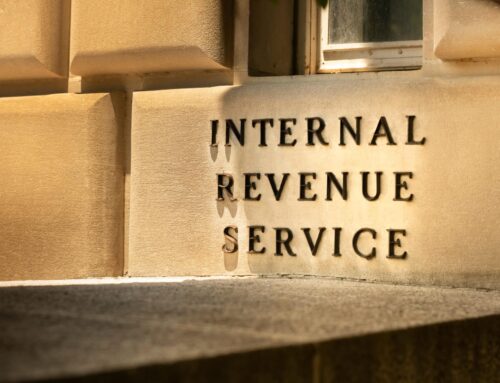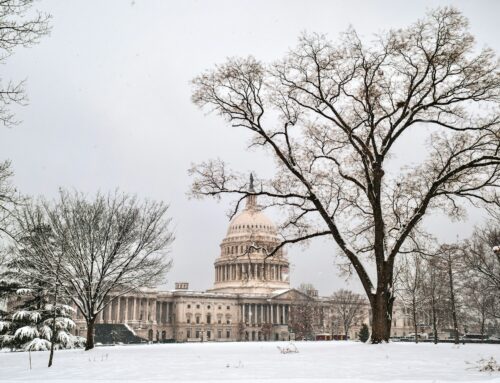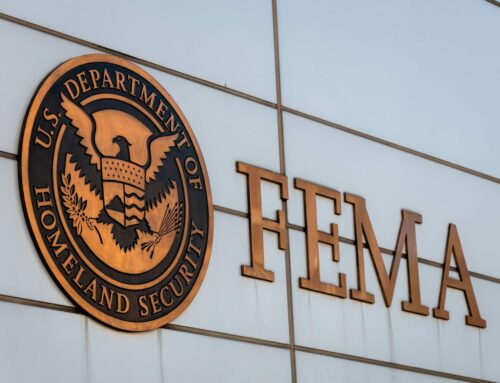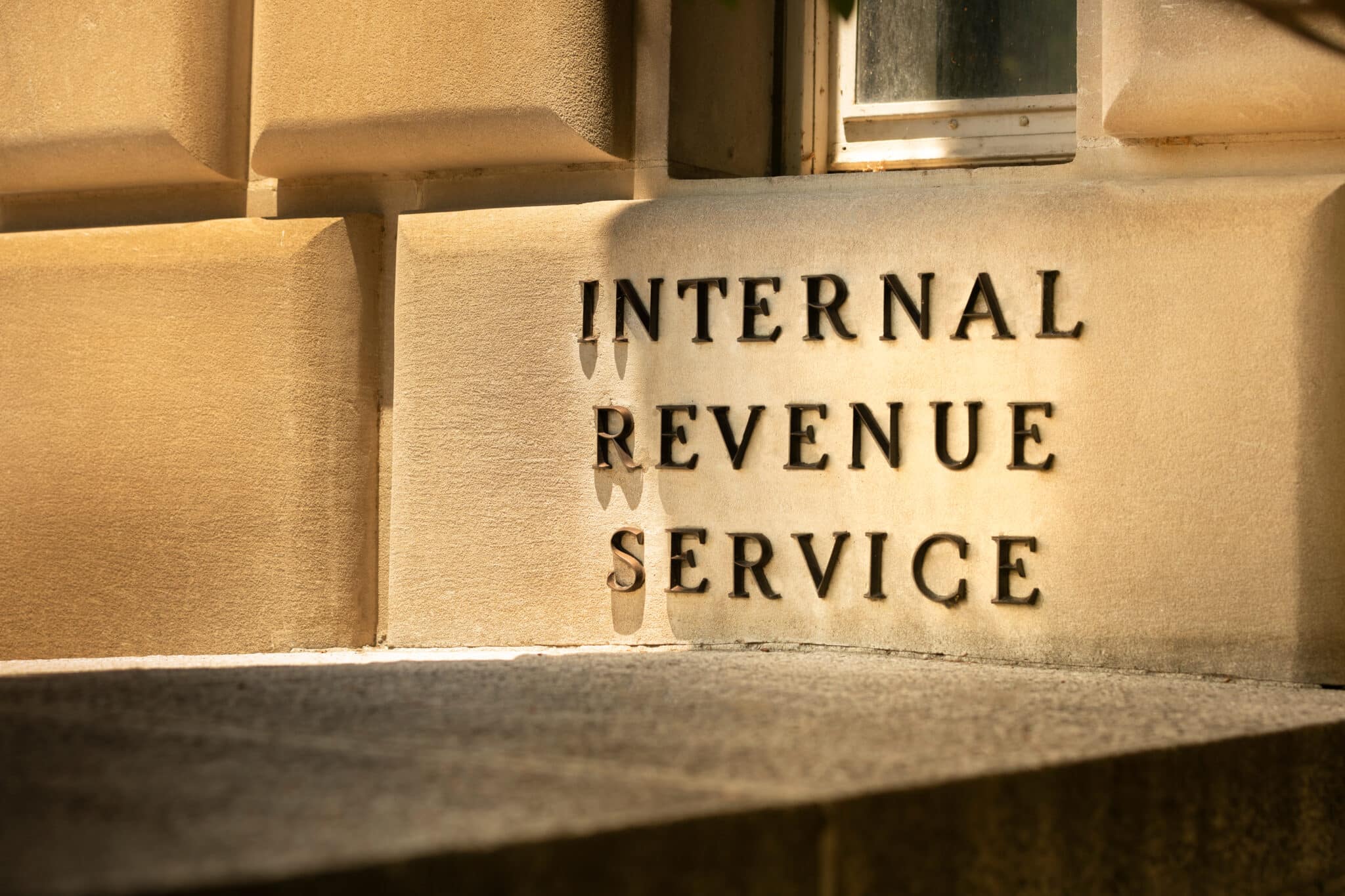July has been another busy month for the U.S. Government Accountability Office (GAO). Over the past several weeks, GAO has completed several investigations into accusations of impoundment of federal funds by the Trump administration. Under the Budget and Impoundment Control Act of 1974 (ICA), the executive branch is only allowed to withhold funds appropriated by Congress in certain situations. The federal agencies investigated this time include the Department of Energy (DOE), which was previously investigated by GAO in June, as well as several new faces: the Department of Health and Human Services (HHS), the Department of Homeland Security (DHS), and the Department of the Interior (DOI). An earlier round of impoundment investigations in May and June also involved the Department of Transportation (DOT) and the Institute of Museum and Library Services (IMLS). The results of the newest investigations affirm the established limits on impoundment by the executive branch and demonstrate the importance of GAO as an independent agency.
On the last day of July, GAO published the findings of two impoundment investigations. One involved DOE’s Renew America’s Schools program. This program was created by the Infrastructure Investment and Jobs Act (IIJA) and offers grants for energy efficiency upgrades at public schools across the country. Two rounds of awards for the Renew America’s Schools program were completed in 2023 and 2024, with a third round planned for early 2025. However, DOE initiated a review of all federal grant programs within its purview and suspended the disbursement of funding in response to two executive orders President Trump issued on his first day in office. DOE then suspended the allocation of Renew America’s Schools funding for fiscal year 2025, citing the need to confirm that the grant applications matched the “priorities and policies” of the Trump administration.
The investigation concluded that DOE’s suspension of Renew America’s Schools program funding for fiscal year 2025 violated the ICA. According to GAO, DOE failed to provide a clear and legally permissible justification for the program review. In addition, GAO noted that DOE did not indicate that it would eventually resume disbursement of fiscal year 2025 funding. This finding stands in stark contrast to GAO’s earlier June investigation, which cleared DOE of wrongdoing in regard to funding for wind energy projects; in that case, DOE demonstrated that delays were purely administrative. However, GAO also found that DOE’s handling of Renew America’s Schools funding from prior fiscal years did not constitute a violation of the ICA. DOE attributed those unallocated funds to administrative delays resulting from existing grant agreement provisions.
GAO’s investigation of HHS’s Head Start program reached a similar conclusion. The Head Start program provides grants to increase the scope of services available to low-income children. By law, the HHS Secretary is required to oversee the performance of agencies receiving Head Start funding and has the authority to revoke or withhold funds under specific conditions. HHS did not formally announce any specific action regarding the program after the Trump administration took office, but many awardees around the country experienced difficulties obtaining funds, prompting a multi-state lawsuit. Publicly available spending data also showed that HHS disbursed significantly fewer funds for Head Start from mid-January to mid-April 2025 than during the same period in 2024—roughly 65 percent of prior year’s level, according to GAO. In addition, GAO found that the Head Start Act’s provisions that require funds to be disbursed in most circumstances and allow agencies to contest funding cancellations, respectively, meant that HHS’s actions were also in violation of the so-called “fourth disclaimer” of the ICA, which prohibits the impoundment of funds that are explicitly required by law to be spent.
The second GAO decision released on July 31 involved the Department of Homeland Security. This investigation scrutinized recent layoffs—officially called Reductions in Force (RIFs)—in the Department’s Office of the Citizenship and Immigration Services Ombudsman, Office of the Immigration Detention Ombudsman, and Office for Civil Rights and Civil Liberties. The Citizenship and Immigration Services Ombudsman and the Office for Civil Rights and Civil Liberties were created by the Homeland Security Act of 2002, while the Immigration Detention Ombudsman was created under the Consolidated Appropriations Act of 2020. All three offices receive funding on a lump-sum basis through the Office of the Secretary and Executive Management’s operations and support account. The RIFs, currently the subject of a lawsuit, were formally announced in March, pursuant to an earlier executive order seeking agency-wide staff reductions.
GAO found that DHS did not illegally impound any funds in carrying out the RIFs. The report cited a sworn statement from the DHS Director of the Budget Division that the three offices “continue to obligate and execute” FY2025 funding. In GAO’s view, this statement aligned with precedent allowing agencies to conduct RIFs if the cost savings are redirected to other lawful purposes within the same account. That said, GAO noted it could not confirm whether any actual cost savings were achieved. The report also observed that the legislation establishing the offices did not set mandatory staffing levels and that recent appropriations legislation has not established baseline funding for these offices.
The DHS investigation followed GAO’s July 24 decision clearing the Department of the Interior of ICA violations. This investigation involved DOI’s Large-Scale Water Recycling and Reuse Program, which funds water recycling and reuse projects and was also created under the IIJA. Two rounds of application reviews had been completed prior to January 2025. On January 20, DOI suspended disbursements in response to the Trump administration’s executive order instructing agencies to review existing programs.
DOI restarted disbursements about a month later and publicly stated that no programmatic changes were made and that remaining funds would be distributed as directed. GAO cited this statement as a key reason why the program suspension did not violate the ICA. GAO also found that the IIJA granted DOI wide discretion to assess the viability, legality, and solvency of proposals and that no statutory deadlines were missed. The IIJA established November 2026 as the end date for the program’s authority, which GAO determined meant the program was not “meaningfully slowed” by the temporary pause.
The four newest impoundment investigations by GAO have important ramifications for taxpayers. First, they show that the Trump administration is continuing to obstruct GAO oversight, potentially in violation of the law. In multiple reports, GAO criticized the Office of Management and Budget (OMB) for removing apportionment data from its website—data required by law to be publicly available—and rejected the administration’s justification. GAO also called out DHS and HHS for failing to respond to its inquiries, forcing the GAO to rely on public databases and legal filings.
Second, the findings affirm GAO’s objectivity. The agency did not consistently rule for or against the Trump administration. Instead, GAO applied federal appropriations law evenhandedly—identifying clear violations by DOE and HHS while finding no impoundment in the cases of DHS and DOI.
Finally, the investigations show that GAO protects taxpayers by serving as a crucial piece of the system of checks and balances. Illegal impoundments can leave billions of dollars idle or misused, undermining the purposes Congress intended and shifting burdens to state and local governments. Without GAO’s independent investigations, these violations would be far harder to detect or correct.
Congress wrote the check; only Congress can decide not to cash it. GAO’s July rulings send a clear message: agencies that freeze, delay, or reroute appropriated funds without following the law can expect the watchdog to bite.
As Congress considers the FY2026 Legislative Branch Appropriations Act, it should continue to fully fund the GAO and preserve its ability to hold the executive branch accountable.










